With a month to go until the first round of Romania's presidential election rerun, campaigning officially started on Friday for a contest that will be closely scrutinised after the December vote was cancelled and the frontrunner was barred from running again.
In December, ultranationalist Calin Georgescu claimed a shock victory in the first round of the race.
Yet the election was annulled by the Constitutional Court after allegations emerged of Russian meddling to promote Georgescu, who ran as an independent. Moscow has denied interfering in the vote.
Since Georgescu was last month barred from standing in the rescheduled election, the far-right have thrown their support behind George Simion, who is leader of the opposition Alliance for Uniting Romanians (AUR), the country's second-largest party.
Romanian voters will return to the polls on 4 May, with opinion surveys suggesting that Simion is the frontrunner. One poll put him on track to win 35% of votes in the first round.
There are 11 candidates in total, four of whom are independent. After Simion, three other candidates are polling strongly: Bucharest Mayor Nicusor Dan, Crin Antonescu — the pro-EU coalition government's single candidate — and Victor Ponta, a former prime minister.
The latest opinion polls put Dan at 20%, Antonescu at 19% and Ponta at 15%.
Behind them is Elena Lasconi, the leader of the opposition Save Romania Union (USR) party, who finished second behind Georgescu in the first round of the original December vote. This time, she is polling at just 7% and is not expected to make the second round.
What is Romania doing to stop election interference?
The Constitutional Court's unprecedented decision to annul the first-round results two days before the scheduled 8 December runoff plunged the EU and NATO member country into a protracted political crisis.
The ruling attracted global attention and drew criticism from US Vice President JD Vance, tech billionaire Elon Musk, and Moscow.
Romania's top security council declassified documents in December that showed the country being targeted by "aggressive hybrid Russian attacks" during the election period.
This included a broad campaign on social media to promote Georgescu.
In February this year, Romanian prosecutors launched a criminal investigation against the far-right figure, accusing him of “incitement to actions against the constitutional order,” supporting fascist groups and false declarations of electoral campaign funding and asset disclosures. Georgescu has denied any wrongdoing.
Romania's National Audiovisual Council has recently launched a campaign to combat illegal online content.
Valentin Jucan, a vice chairman on its council, told Euronews in an interview that Romanians should report online videos that contain misinformation, incitement to violence or hatred.
Video editor • Sertac Aktan

 10 hours ago
4
10 hours ago
4
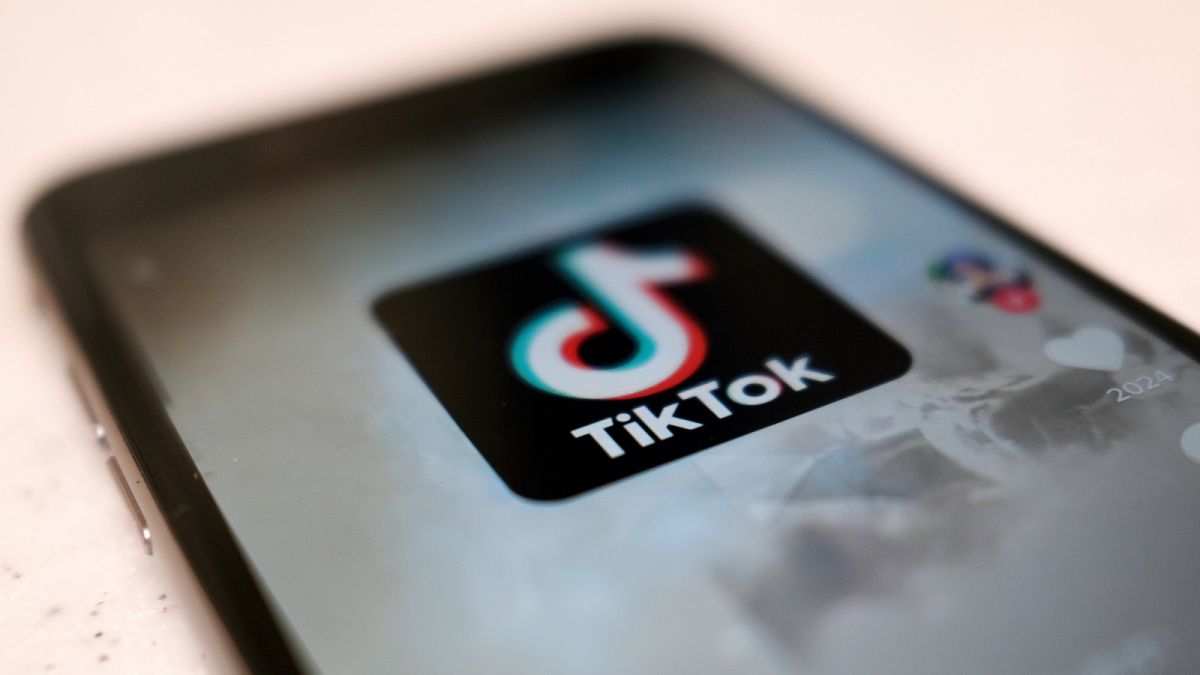
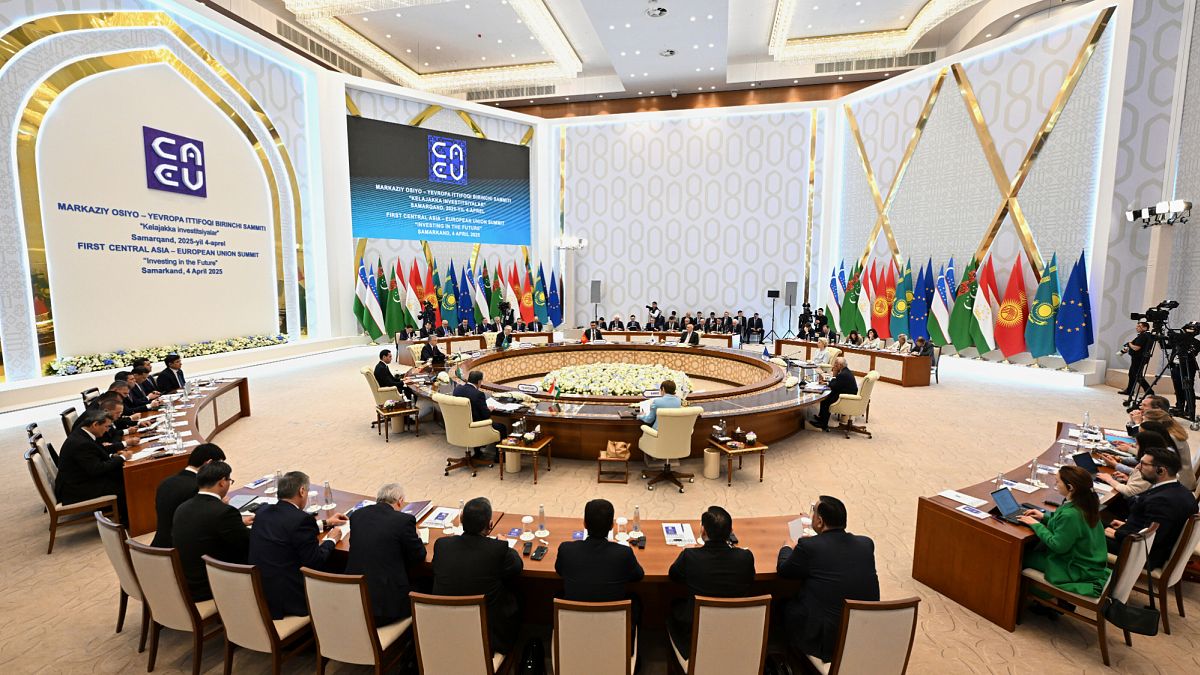
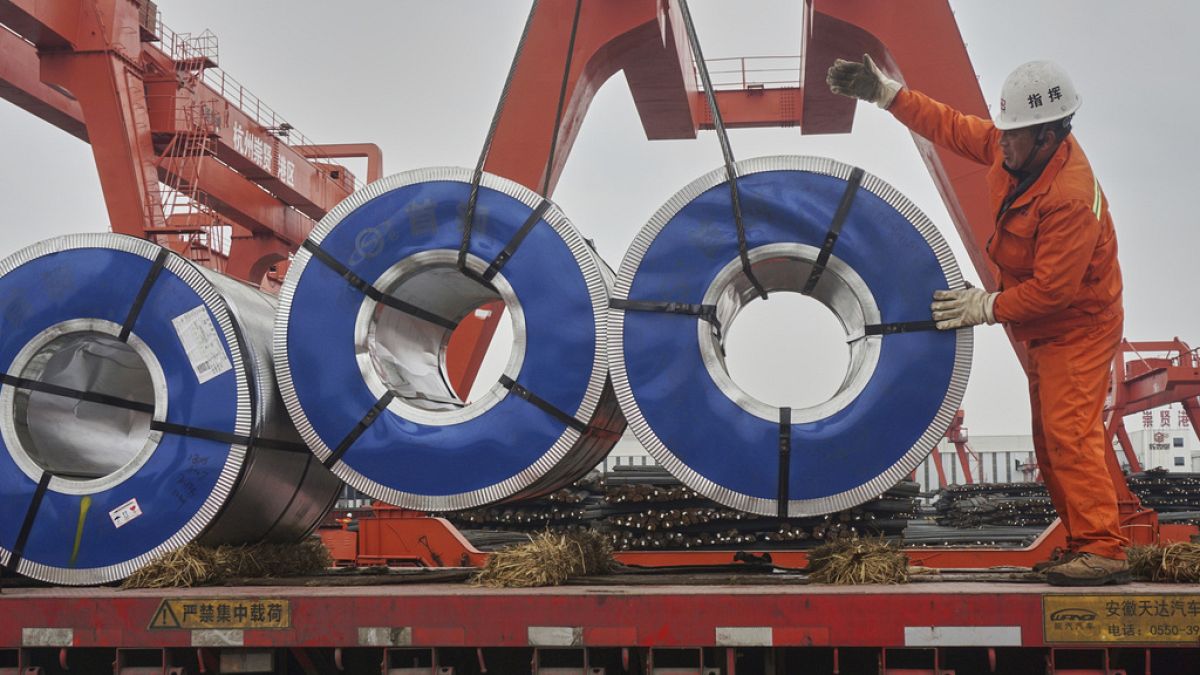
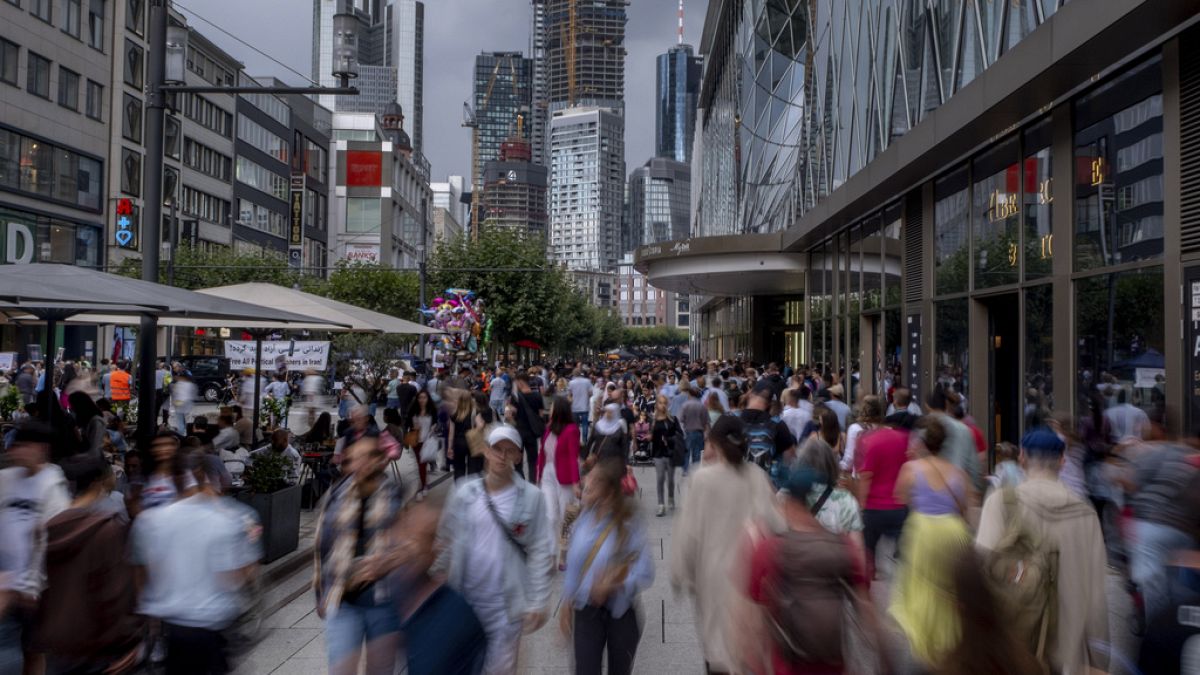
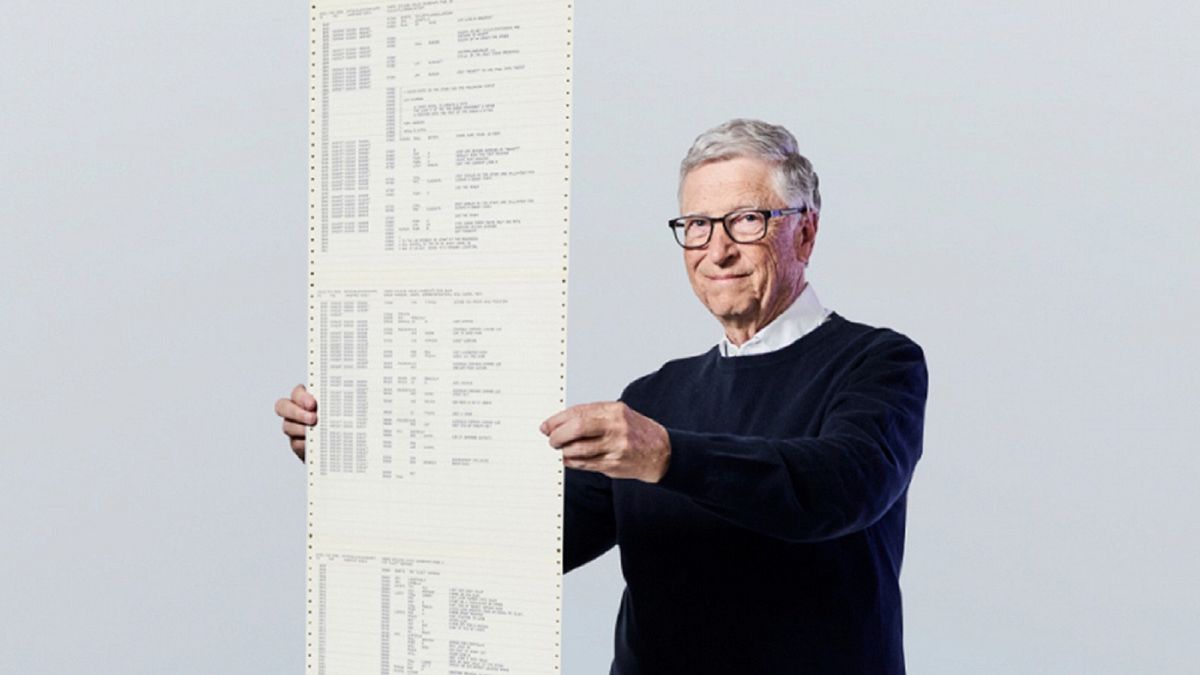
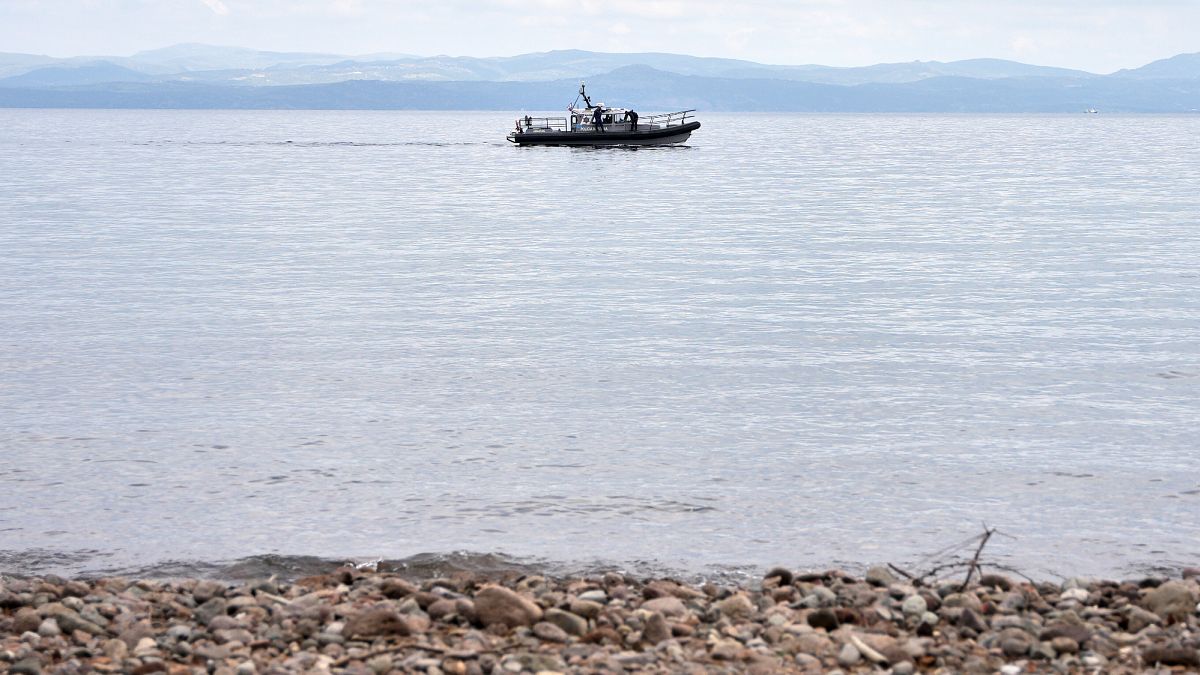
 We deliver critical software at unparalleled value and speed to help your business thrive
We deliver critical software at unparalleled value and speed to help your business thrive






 English (US) ·
English (US) ·